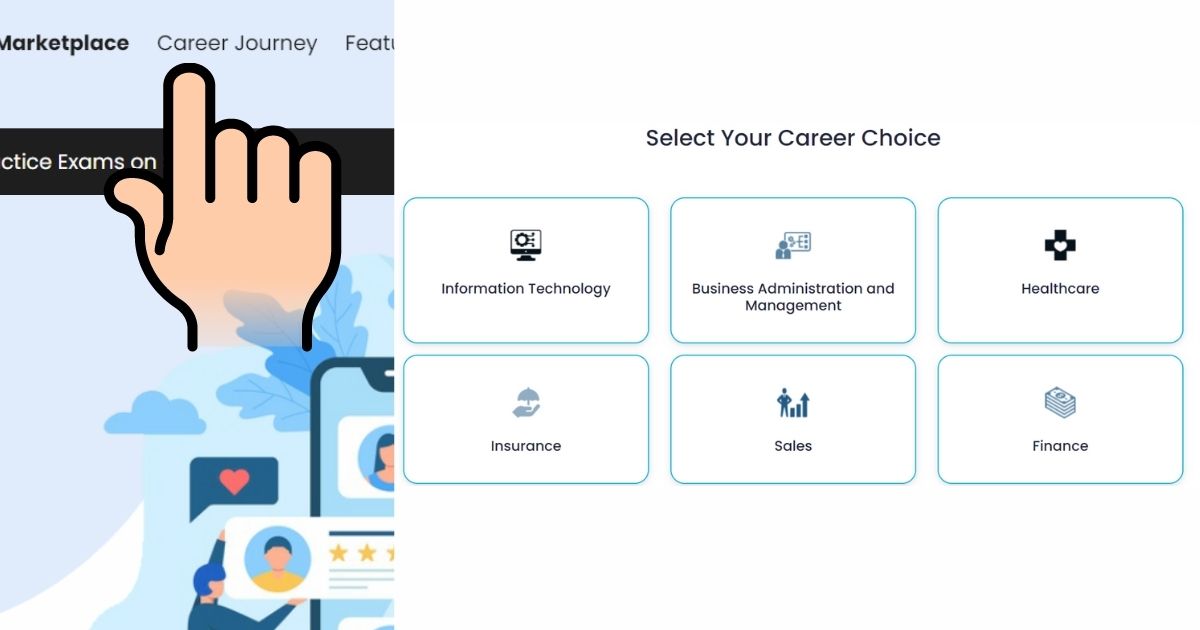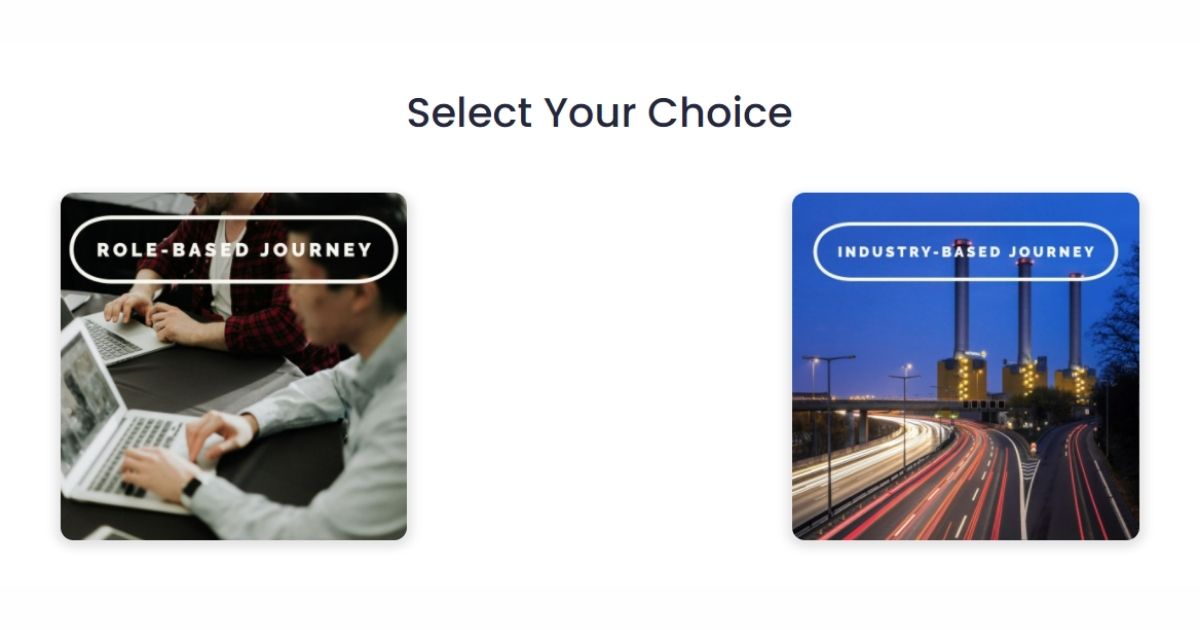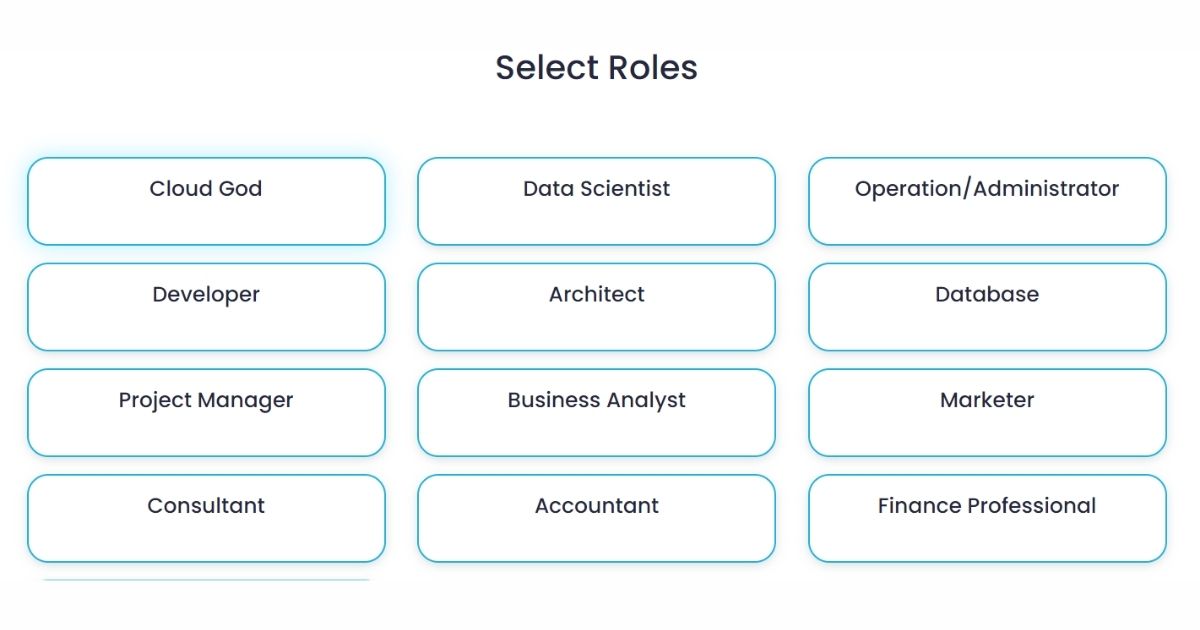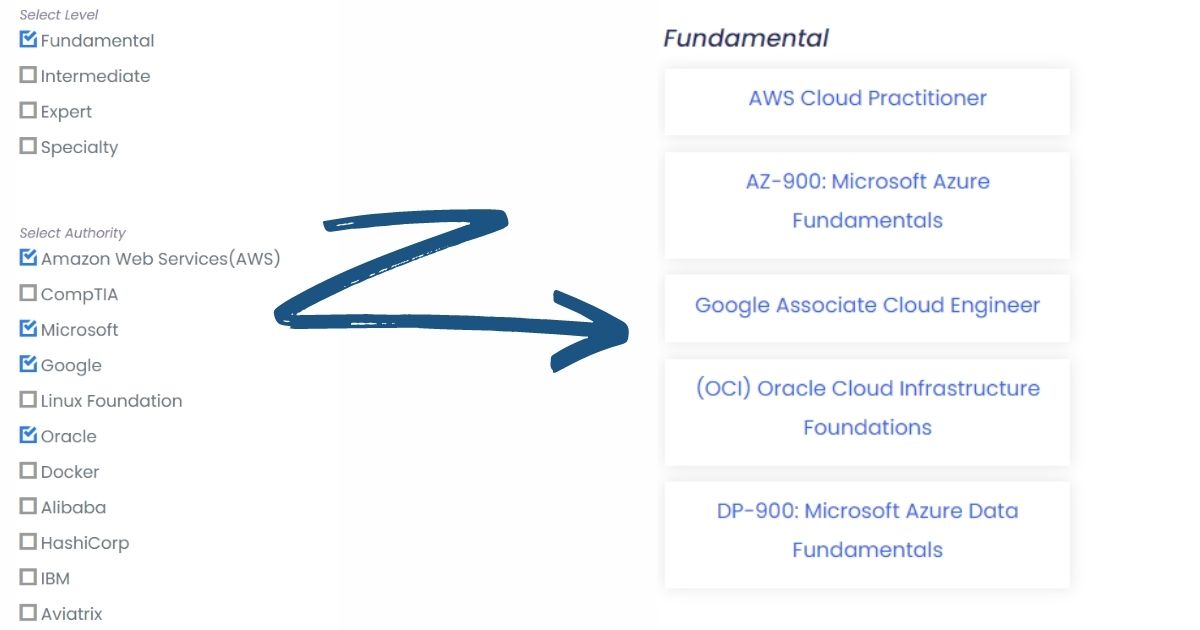Are you starting with the cloud? Confused and researching on youtube – blogs-forums and what not? Reading about Linux, DevOps, AWS, Azure with infinite tabs open on your browser?
Well, you don’t need that anymore – here is a “to the point” blog on how to start your career in cloud computing.
If you are either new to the IT field or planning to switch to IT, and wondering what it takes to start a career in the cloud, let’s talk about that.
Why should I get into Cloud Computing?
Some quick answers:
- Aggressive cloud requirements post covid
- Thousands of job market
- $120 billion+ industry
- over 35% market growth in the years 2021
According to Indeed.com, the average base cloud engineer salary in the U.S. is $117,558 (plus a $10,000 annual bonus).
However, the journey towards becoming a cloud expert might not be a simple one. A career in cloud computing needs some planning and, more importantly, good execution.
So, before we dive deep into the planning phase, let’s understand what exactly Cloud Computing is?
Cloud computing is the on-demand availability of infrastructure and resources, minus the direct active management by the end-user. Large cloud platforms often have functions distributed over multiple locations, each location being a data center.
For example, if you need to host a website, you need a web server, compute power, data storage, and a few other resources. Cloud computing makes these available to you at the click of a button. Planning for resources and infrastructure is much more predictable.
In short, companies save time to market and money!! And this is a big draw to use Cloud Computing.
Top Cloud Platforms are Offered by:
- Amazon – Amazon Web Services or AWS
- Microsoft – Azure
- Google – Google Cloud Platform or GCP
- Oracle – Oracle Cloud Infrastructure or OCI
- IBM – IBM Cloud
- Alibaba – Ali Cloud
Check out:
AWS-The Ultimate BEGINNERS Guide
There are few more players in the cloud computing industry, but the majority of the market is covered within these cloud providers.

Let us discuss some steps that can help you get that jump-start in your cloud career.
How do I know which cloud provider to start with?
The two market leaders are AWS and Azure. First of all, select what cloud provider you want to begin with.
According to Canalys :
- AWS is the leader, with one report suggesting a market share of 32% worldwide.
- Microsoft Azure grew 50% for the third consecutive quarter, taking 19% market share in Q1 2021
- Google Cloud maintained its momentum, benefiting from its Google One approach, driving cross-sell and integration opportunities across its portfolio. Overall, it grew 56% in the latest quarter to account for a 7% market share.
Read: AWS Vs Azure Vs GCP – The Best Cloud Platform To Start Learning!
Now that you’ve selected your cloud provider, it’s vital to get the base knowledge needed. You can later create a plan for specialization.
The best way to get to know any cloud provider is through certifications. For example, if you plan to learn AWS, start with Cloud Practitioner, a basic certification.
AWS Cloud Practitioner – The Complete Guide
If you are dedicated and spend few hours studying the plan, it shouldn’t take you more than a month to understand and pass AWS CCP ( AWS Cloud Practitioner). So far, the basics done!!!
Important Cloud things to Know
- Basics of Cloud Computing
- Familiarity with Databases
- Basics of Security and Privacy
- Programming Skills
- Cloud and Virtualization concepts
- Linux and Networking
How to become a cloud architect?
Check out : DevOps Basics
Now comes the decision time – move forward and learn more about what you started or change cloud provider. Our recommendation is to stick with the cloud provider you started with and go to the next level.
However, if you don’t like what you learned, go to the above step and choose a different cloud provider to learn. Hopefully, you’ll see a lot of similarities in the Cloud Services offered by these platforms.
Please remember that it’s possible to take 180 turns and do something new as you go along.
All cloud providers have an intermediate cloud certification. In the case of AWS, go to the next level of cloud certification – AWS Certified Solutions Architect – Associate (SAA-C02). This can be followed by a professional-level certificate.
The topics covered in the certification might be similar, but the exam will go into much deeper concepts.
That being said, look towards what cloud computing is, not just as a domain, but as a solution to various problems.
Hands-on experience is a must when understanding cloud technology. A cloud engineer who has zero hands-on experience is not a profile that companies look for. In other words, just getting the certifications will not help you land your 6 figure cloud salary.
How to Prepare for AWS Architect Associate Exam (SAA-C02)?
AZ-104 Study Guide: Microsoft Azure Administrator
I have no experience in Programming. Can I take up Cloud Computing?
Of course, you can! All you need is a plan and dedication. Knowing programming languages is not a prerequisite for beginners-level cloud certifications.
However, to be an effective cloud professional, you should get your feet wet by knowing a coding language. If you have zero coding experience, my recommendation is for you to learn Python. It is easy to understand, has a myriad of uses, and is widely used in the IT sector today.
You can also impress potential employers by creating your own GitHub profile, and creating your own portfolio of projects. This shows the employers that you are a serious candidate and are willing to go above and beyond to prove your mettle.
Now, this next point might sound controversial to a few people. If you have zero experience and struggle to find a cloud job, I suggest consult for “Free”. You can find some freelancing gigs on Fiverr.com or Freelancer.com. Update your LinkedIn profile and mention that you are available for pro-bono consulting.
Do I have to have a Computer Science Degree?
It is important to note that you do not need a computer science degree to move into the cloud arena.
Important thing is to chalk out your learning path and stick with it. From the list of cloud service providers, once you are certified in one, start looking out at job sites and applying for them.
As stated above to be an effective cloud software engineer, coding is important. Working knowledge of programming code for cloud systems in languages such as C++, Java, or Python is an added advantage.
Demand for cloud computing professionals is through the roof. Learning a programming language will open up several career opportunities, and attract a lot of potential employers—furthermore, it’s your insurance policy for a successful career in the IT industry.
Soft Skills Matter – A lot!
So, now you are certified, you have some experience under your belt, but struggling to get that good-paying job. While cloud computing skills do play an important part in having you stand out from the crowd, it is not the only thing needed to land that 6 figure salary. Your attitude, behavioral skills, and soft skills matter equally, if not more.
Let’s be honest, there are very few mortals that would check all the boxes of technical skills required for a job. What you lack in technology, you can cover in your behavior and soft skills. Employers are always keen to hire individuals who have a desire to learn, show a positive attitude, have an aptitude to solve problems creatively, and are not afraid to take risks.
Supplement your cloud expertise with agile ways of solving a problem. This is your recipe for success.
You Should Join Cloud Communities
Cloud communities can help and support you find answers to various questions and guide you as well.
If you are looking for a place to start, you can ask questions in our forums.
Leveraging social media is also a good option. You can find dedicated cloud cert communities/groups on Facebook, Linked In, Reddit, etc.
Here are few FB groups that you can check out:
- FREE AWS Certification Prep (8.2k members)
- FREE Microsoft Azure Certification Prep (9.1k members)
- FREE GCP Certification Prep (2.5k members)
What’s next?
Once you have a solid base and experience with one cloud provider, switching to a new cloud platform is much simpler.
Cloud skills on one platform are easily relatable to other platforms. There are a lot of paths an individual can specialize in.
Check out this tool to see what can be your next step!
Suppose you want to get AWS certified or take the next AWS professionals certification or even change from AWS to Azure but are unsure which certificate to go for.
The role of the Career Journey tool comes into play.
Follow these steps with us:
Step 1: Click on a career journey and Select your career choice

Step 2: Select your journey type:

Step 3: Select the role you are interested in

Step 4: Select your level and authority and here you have all the answers – It’s that simple.

About the Author: Haman Sharma has been working in the IT industry for over 15 years. Haman is multi-cloud certified with experience in migrating old legacy platforms to the cloud. When possible, Haman spends time talking, guiding, and mentoring beginners getting into the cloud industry. You can connect with him on LinkedIn and ask your questions.


[…] Read next: How to Start a Career in Cloud? […]